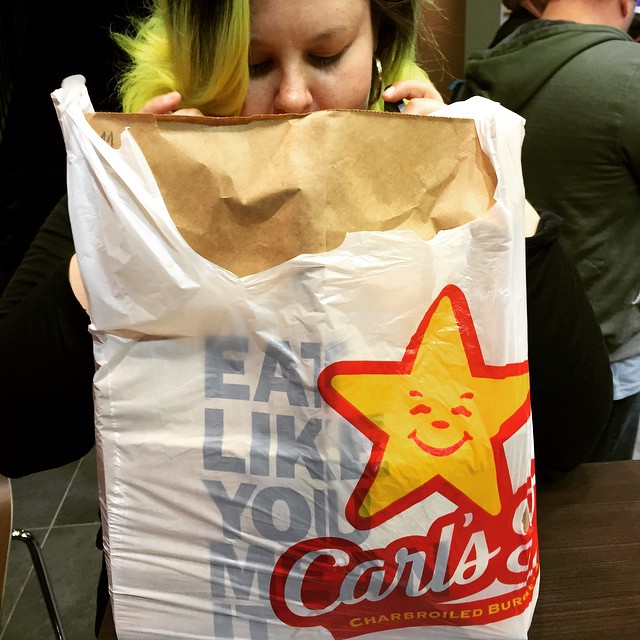
Subscribe
 Fresh Audio
Fresh Audio-
Feed Us
Love what we do? Consider donating or subscribing!
We do our best to release our content for free, but every meal purchased is appreciated.
(Though I've heard long-term subscriptions keep Management from conducting your performance review - just saying.)Search
The Latest Yammering
- J.R.D. on J.R.D. Skinner
- Colorado Joe on J.R.D. Skinner
- J.R.D. on About Skinner Co.
- J.R.D. on FP600 – The Insiders: Clarity of Vision, Part 2 of 3
- Mary Norbury-Glaser on About Skinner Co.
Here There Be Ads
-
Skinner Co. · They told us we couldn't be a family, so we became a corporation
Proudly powered by WordPress
·
Theme: Pilcrow by Automattic.









